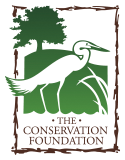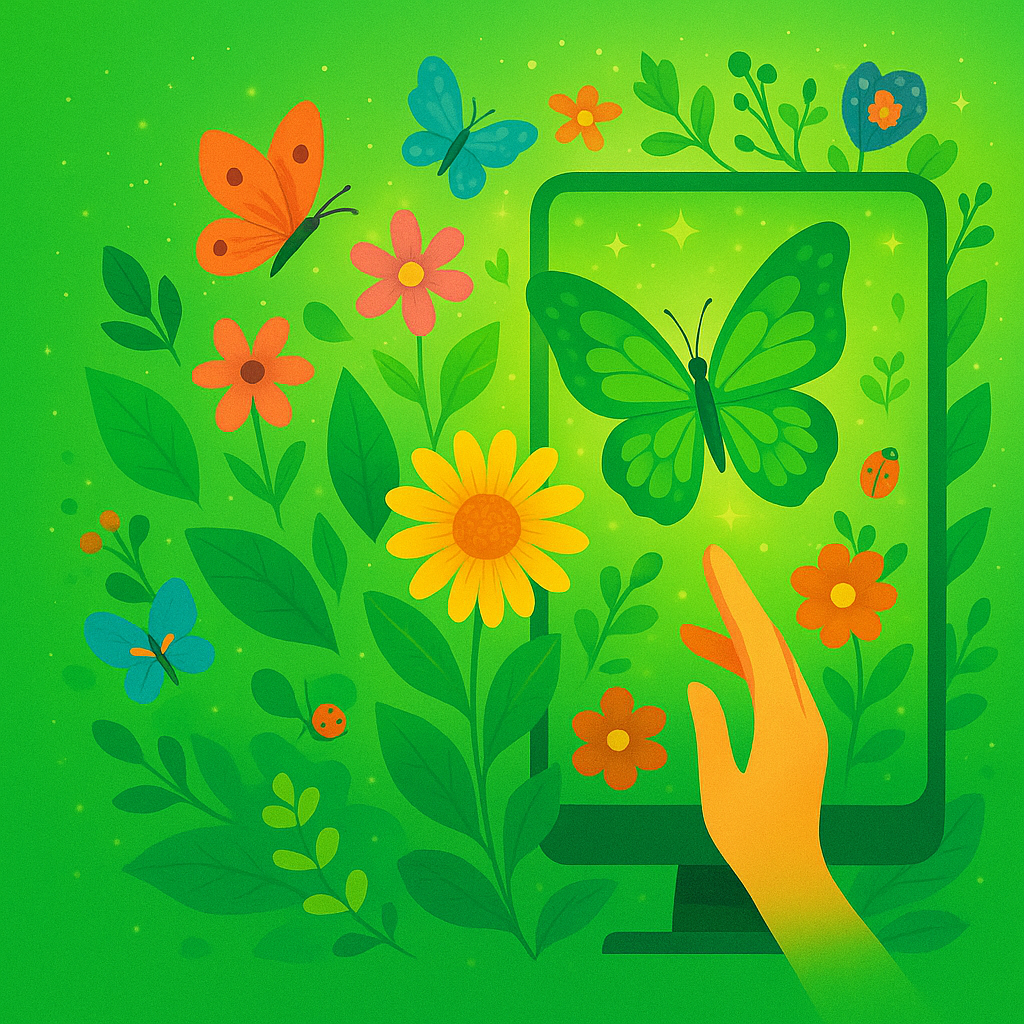Image Generated with ChatGPT
In an era defined by constant connectivity, the growing presence of artificial intelligence, and the pressures of digital overload, many people are asking: where does nature fit in?
The answer may surprise you. Far from being pushed aside, the natural world has become more essential than ever — not just for the planet’s health, but for our own.
In the digital age, nature is not a relic of the past. It’s a lifeline for the future.
The Natural Antidote to Digital Burnout
Our screens never sleep. Between emails, social media, remote work, and 24/7 notifications, the average adult spends more than 10 hours a day in front of a screen. This constant stimulation can lead to digital fatigue, anxiety, and even depression.
Nature offers a powerful counterbalance:
- Time in green spaces has been shown to reduce stress hormones like cortisol and lower heart rates
- Even short walks in nature can boost mood, improve memory, and enhance creativity
- Exposure to natural light and outdoor environments helps regulate sleep cycles disrupted by screen time
In other words, forests, rivers, and fresh air aren’t just beautiful, they can act as medicine. To show that we practice what we preach, The Conservation Foundation has our Nature Rx initiative which strives to educate the community and promote the efforts of healthcare facilities, park districts, and forest preserves to engage people with the outdoors and other things that share the places we call home. Through workshops, media, engagement activities, and educational materials, we are educating people about the physical and mental health benefits of getting out into nature and exploring the endless ways a connection to nature improves our quality of life.
Nature as a Source of Focus and Clarity
In a world of endless distractions, nature helps us slow down and pay attention.
Studies in “attention restoration theory” show that natural environments help our brains recover from the constant demands of digital multi-tasking. Whether it’s a quiet park bench or a weekend hike, unplugging in nature helps us return to our daily lives being more focused, calm, and effective. During the time when I was working, I would take walks in the nearby woods when there was a lull in the action. Not only did this clear the head, but I also came back to work more productive. You could think of this respite as “No Cell, While Walking Hill to Dell.”
Even indoor settings that include natural elements — like houseplants or daylight — can improve productivity and emotional well-being.
Mailer From Campaign to Pass the Forest Preserve District of DuPage County Referendum, November 2024
Nature Nurtures Our Sense of Meaning
In addition to promoting health and concentration, nature offers a valuable reminder of our connection to a broader living system. While technological advancements introduce rapid change and constant stimulation, the natural world operates according to enduring rhythms. Seasonal transitions, tidal movements, gradual tree growth that exemplifies patience, and the purposeful migration of birds collectively illustrate cycles and resilience. During periods of uncertainty, nature can provide perspective, foster recovery, and inspire optimism.
A Two-Way Relationship
While nature helps us survive — and thrive — in the digital age, the reverse is also true: we have a responsibility to protect the natural systems that sustain us.
Digital tools (like artificial intelligence) can help:
- Track pollution, water levels, or endangered species in real time
- Combat deforestation by predicting areas at high risk thus helping conservationists prioritize interventions
- Connect people with environmental causes and outdoor activities
- Empower communities to participate in conservation through apps and citizen science
But this relationship must remain balanced. We can’t let convenience, consumption, and screens replace real-world experiences that keep us human. Further thoughts on this can be found at “Artificial Intelligence for Conservation: Is It Worth it?”
Conclusion: Nature Isn’t Optional — It’s Foundational
In a world increasingly built on algorithms and pixels, nature remains the original operating system.
It restores our minds, strengthens our bodies, calms our emotions, and nourishes our spirits. It helps us live more fully both online and offline.
So next time the screen starts to feel overwhelming, remember: the best download might be a walk in the woods. The best app might be the sound of the wind. And the best upgrade might be reconnecting with the world that’s always been here.
Ready to fight for nature? Well, that is what The Conservation Foundation does every day. We can all do more together than we can alone. Join our collective momentum – become a member today!
Feel free to comment on this blog with additional ideas you have on how nature fits in the digital age.
By Steve Stawarz, Oak Brook
DuPage County Advisory Council Member


